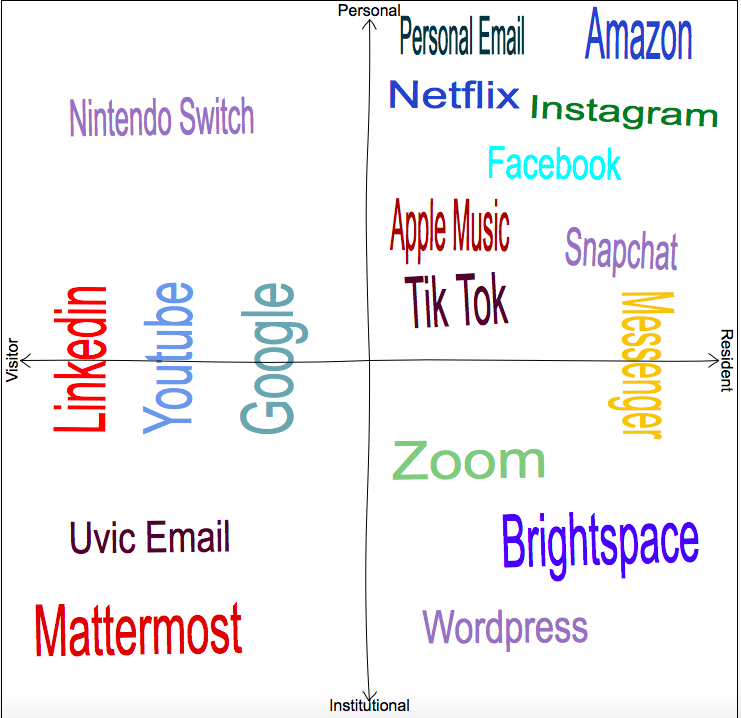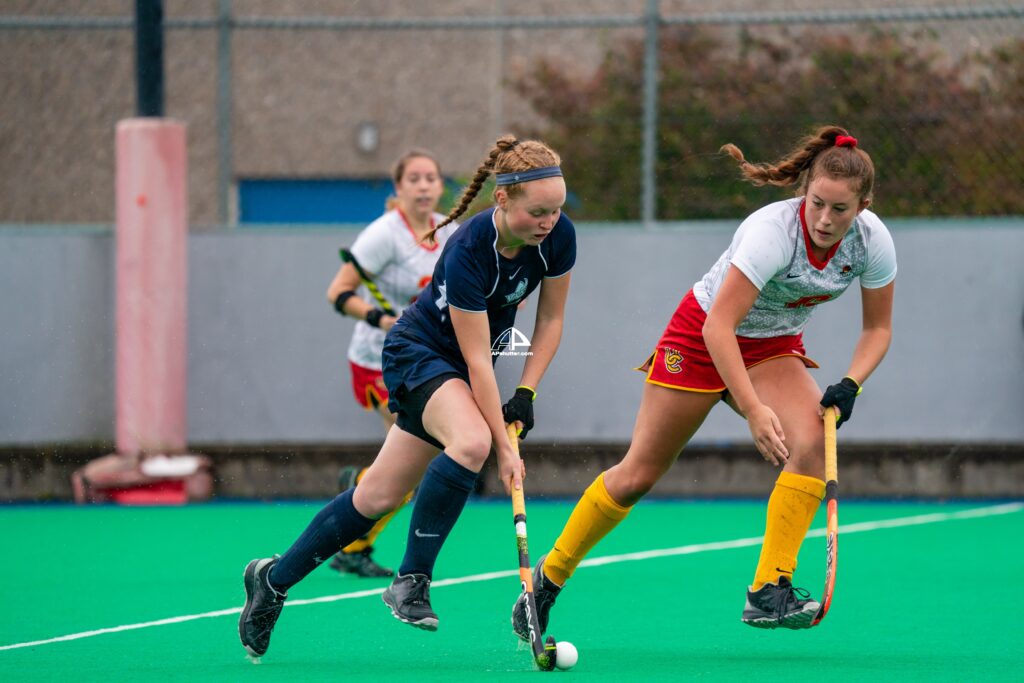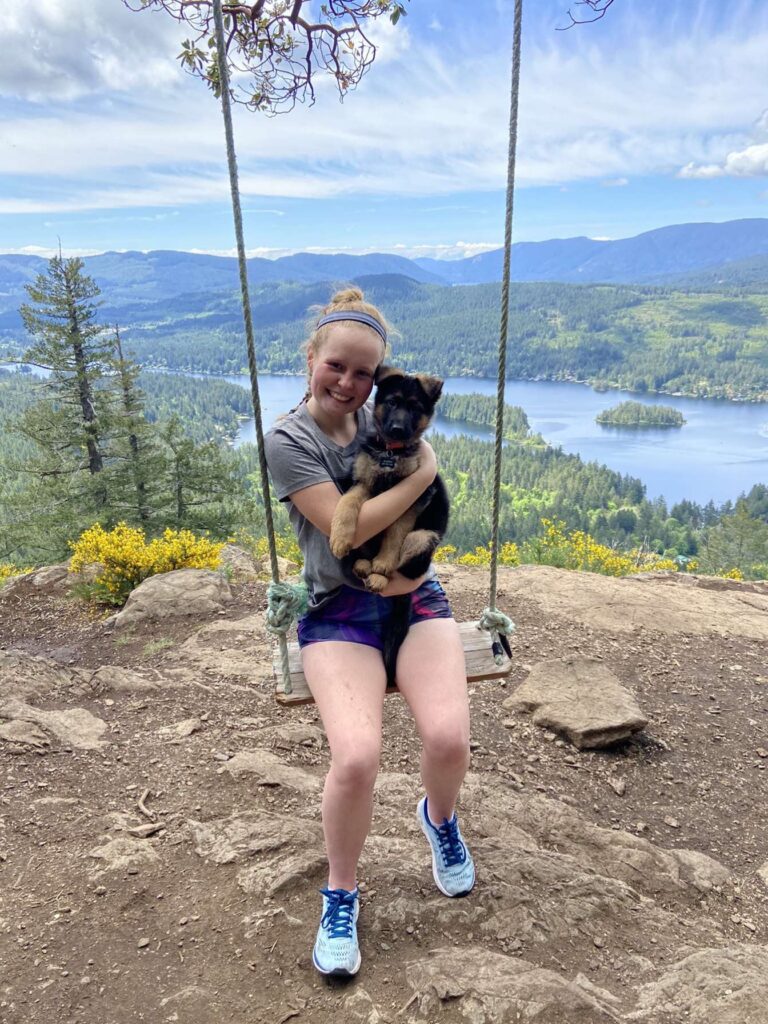
Here is a copy of my Visitor/Resident map. I mostly use social media for personal reasons, excluding LinkedIn as that is my professional network. Things such as Zoom, Brighspace, WordPress, Mattermost, and my Uvic Email I use for school therefore would be considered Institutional. Youtube, Google and Messenger I use for both personal reasons as well as sometimes institutional depending on the circumstance.
What digital platforms are students currently using to develop their professional network?
Majority of students I know are currently using LinkedIn to develop a professional network. I personally only use LinkedIn for my professional network and other social media sites for my personal network. I think LinkedIn is a great way for students to connect with professionals, professors, other students, and employers. This gives students the opportunity to gain connections they may have never had before and learn about different jobs potentially available to them. You are also able to post your job experiences, resume, and other skills for employers to also reach out to you if they are interested. Networking is a really huge aspect of how students gain connections and LinkedIn gives them the perfect opportunity to do that.
What could the student consider in expanding their professional learning network?
I think when expanding your professional learning network, you need to focus on ensuring you are being yourself and focusing on your values. Your professional network should be based on who you are, what you believe in and what you want to achieve, therefore it is important to make sure you are consistently updating your networks to reflect your best self. As a student wanting to expand your network, you want to look for organizations and people that you want to work with and reflect your values because others can see who you are connected with. Furthermore, your interests and career goals can change frequently as a student which is why I believe it is so important to update your professional network frequently to attract the people you want to connect with. By posting, sharing, commenting and reaching out to others on your professional network, you are automatically expanding and making new connections which can be important in finding future careers.
In your network how can you create a digital identity/reputation?
A digital identity/reputation is extremely important especially when looking at your professional network. Everything you have ever posted, liked, shared or commented on makes up your digital reputation. This is why it is extremely important to watch what you are posting, as this can all be traced back to you. Whenever I am posting something, I always think about whether my family, friends, employers or co-workers would be happy about my choice of words or content I am posting as it is a part of my digital reputation. Your digital identity is not only what you post, it is also the other people, accounts, organizations, and pages you are a part of. All of these factors can make or break a good reputation online.
Find out what a local employer would do if you applied for a job with them?
I know from my current employer that either as soon as you get shortlisted for a job, or after you have gotten an interview, they always do a google search of your name and do a check over your social media accounts. This is part of a background check to ensure you are not posting bad things online or saying rude things and to see if they think you would be a good fit in their company.



Recent Comments